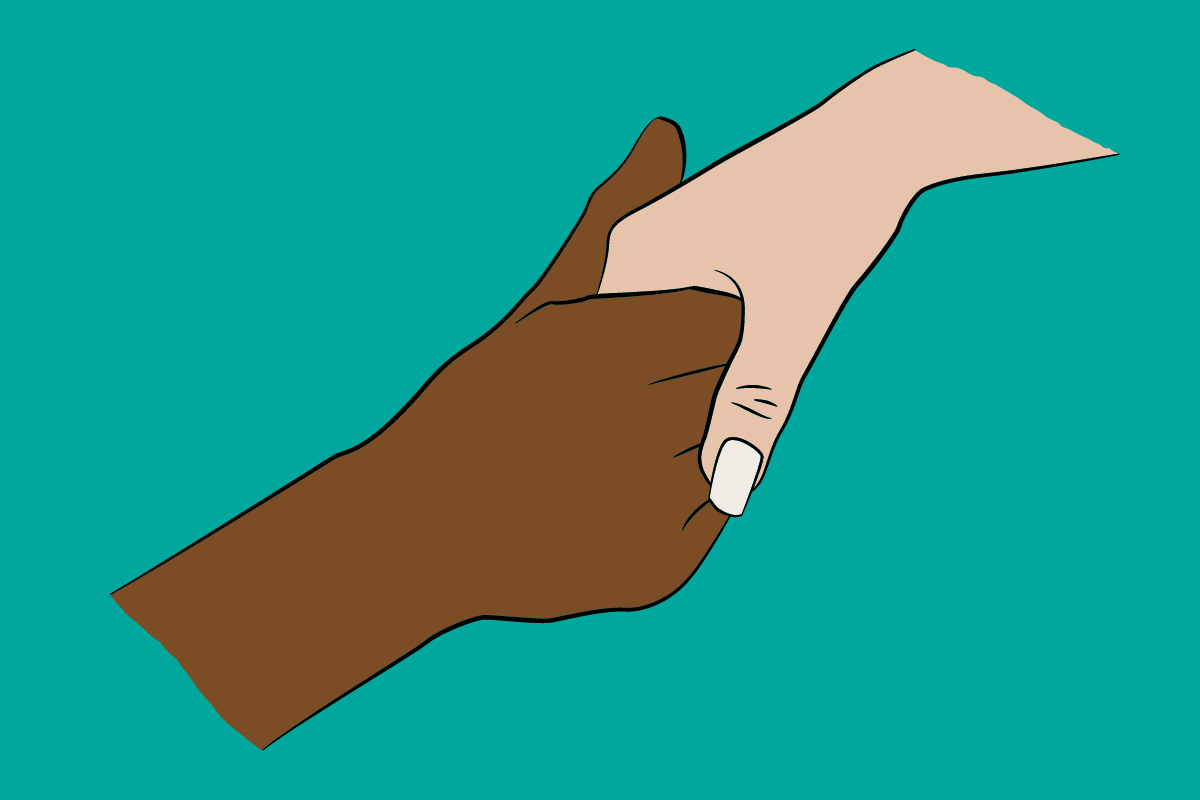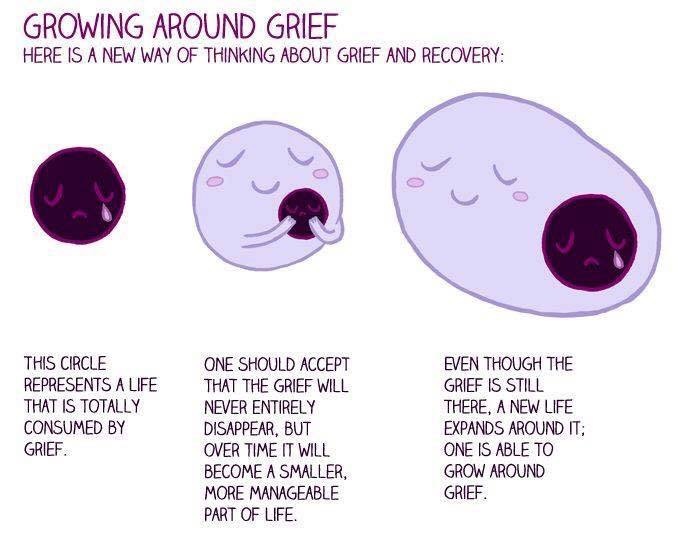All posts
How to Help Someone Who is Grieving
It’s hard to see someone we care about hurting from a significant loss. While we want to be supportive, many of us worry we’ll say or do the wrong thing. The good news is you don’t need to have all the answers. You just need to be there to offer love and support. While everyone […]


It’s hard to see someone we care about hurting from a significant loss. While we want to be supportive, many of us worry we’ll say or do the wrong thing.
The good news is you don’t need to have all the answers. You just need to be there to offer love and support.
While everyone experiences grief differently, these general dos and don’ts may help you provide comfort when you’re not sure how.
Do:
Offer practical support
While emotional support is important at this time, your loved one might also appreciate some help with practical tasks like housework and errands. Offer to do a load of laundry, mow their lawn, pick up their kids from school, do their grocery shopping, and bring them precooked meals. Above all, ask them how they’d like you to support them to ensure they’re getting the kind of help they need.
Listen with compassion
Loss can bring on strong emotions like sadness, anger, and guilt. However they’re expressing their grief, don’t criticise, judge, or offer unsolicited advice on how to ‘get over it’. Listen with empathy and validate their feelings.
Let them be sad
It’s normal (and expected) for people who are grieving to experience sadness and despair. They may be depressed and struggle to get excited about anything for a while. Avoid trying to cheer them up or putting a positive spin on things with phrases like “They’re in a better place” or “Everything happens for a reason”. Allow them to feel what they need to feel for the first few days or weeks, and let them know they’re safe to express those feelings around you.
Be willing to sit in silence
There may be times when they don’t feel like talking. Avoid the temptation to fill every silence, and just be there with them as a shoulder to cry on or to offer a reassuring hug or hand squeeze. Don’t underestimate the comfort that can come from simply being present.
Continue to support them after the funeral
The funeral has been and gone. The world keeps turning, and everyone has moved on with their lives – except for the bereaved. Don’t go AWOL after the funeral has wrapped up and the sympathy flowers have wilted. Check in with your loved one often, and continue to offer emotional and practical support.
Don’t:
Don’t make it about you
The last thing they want to hear right now is “I know how you feel”. Even if you have experienced a similar loss, grief is different for every individual, and there’s never a good time to compare what they’re going through with your own experience. They probably don’t have the emotional capacity to care right now – and nor should they have to.
Don’t push them to open up
Some people don’t like talking about their feelings. Perhaps they’re not ready to open up about what’s happened or how they’re coping yet, and that’s OK. Don’t pressure them to talk about anything they’re not comfortable with. If they’d prefer to sit in silence, stay quiet with them and simply be their shoulder to cry on.
Don’t avoid the subject because you’re uncomfortable
Death isn’t exactly an everyday topic of conversation. In fact, it’s pretty taboo in a lot of western cultures. Many people find the subject uncomfortable, morose, and even scary. But now isn’t the time to prioritise your comfort over their need to express their grief, so don’t avoid or change the subject when they’re opening up to you.
Don’t forget
There may be anniversaries, holidays, birthdays etc. that trigger their grief for years to come, so show your support by checking in on them and continuing to share memories.
Don’t rush them
They say time heals all wounds, but it’s important to remember that grief cannot be healed. The process of grieving isn’t linear – it’s not a ‘one and done’ process where you tick off boxes and leave it all behind you. People who have experienced significant loss carry their grief with them forever.
Grief counsellor and researcher Dr Lois Tonkin’s ‘Growing around Grief’ model shows us how over time, grief stays much the same, but our lives begin to grow around it.

RAQ provides confidential counselling in a supportive and respectful environment. Our tertiary trained counsellors can assist with a range of issues including grief and loss. You can learn more about our counselling services here or call 1300 364 277 to make an appointment.
Learn how to support someone with depression and learn some of the warning signs of suicide in this article.
Back to all posts